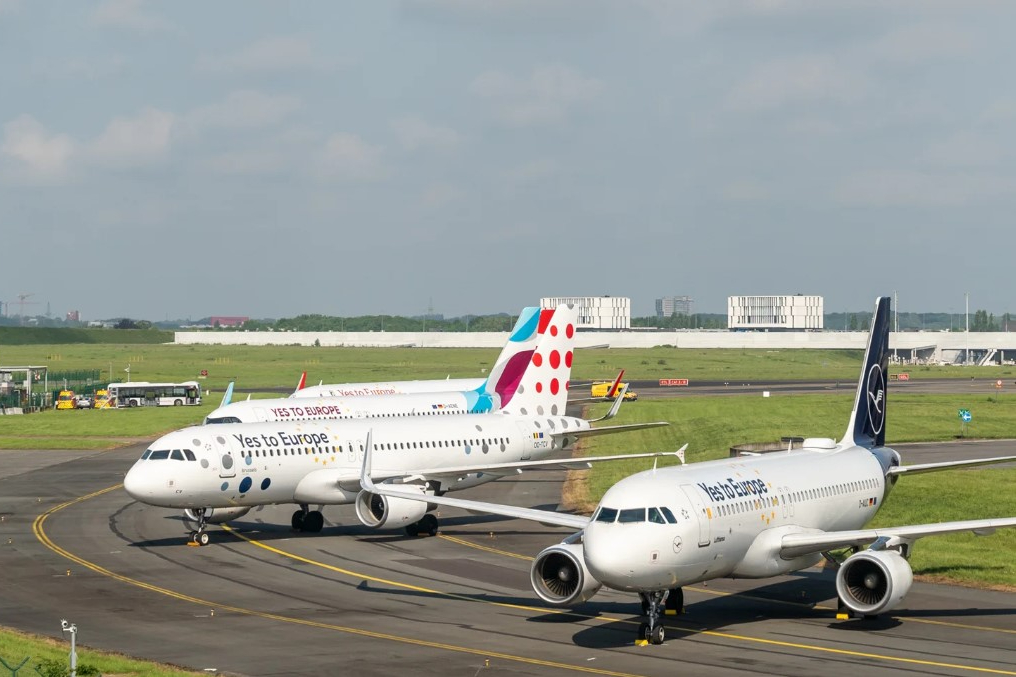The Lufthansa Group has revealed how it is using Artificial Intelligence (AI) to reduce the amount of wastage created by overproducing inflight meals and to reduce costs. The software, known within the airline as ‘Tray Tracker’, has been developed in-house by Lufthansa Group technicians to precisely measure and reduce the number of inflight meals that are returned and left uneaten, leading to them having to be disposed of.
With the Group’s Tray Tracker application, the mobile technology scans meal returns from the onboard catering of flights at the dishwashing line. Artificial Intelligence used by the system recognizes whether a meal has been partially eaten, completely eaten, or left untouched. The innovative mobile device was developed by the Lufthansa Group Digital Catering Analytics Team in cooperation with Lufthansa Group subsidiary zeroG.
The flight route, travel class, and meal concept are also included in the analysis, which allows further drilling down into the data to create regional and by-route variation reports. Lufthansa Group says that the insights gained will enable it to optimize portion sizes and meal selection in the future. In addition, the Tray Tracker will contribute to reducing CO₂ emissions in the future, adds a Group statement, as avoiding overload reduces the total weight of the aircraft and reduces the amount of fuel that needs to be carried. At the same time, less food is transported, used, and disposed of.
Lufthansa has been using the Tray Tracker technology at its Frankfurt site since mid-2024. However, the Group has also started using the AI at its catering unit at Munich Airport, scanning trays unloaded from flights arriving at Lufthansa’s second-largest German hub airport.
According to a statement issued by the airline group on April 28, 2025, in the future, the Tray Tracker is also set to be used at other Lufthansa Group locations and airlines. The Lufthansa Group currently consists of several major European airlines (and their subsidiaries), including SWISS, Austrian Airlines, Brussels Airlines, ITA Airways, and Discover Airlines.
Another machine learning-based project by the Lufthansa Group to prevent food waste is called “Pendle.” Launched by the Lufthansa Innovation Hub in 2024, the initiative uses algorithms that analyze data points such as flight duration, flight route, and previous demand to optimize loading. Long-term, the aim is to link the two projects, says the Group.
Alongside both Pendle and Tray Tracker, the Lufthansa Group is pursuing various other measures and projects to reduce food waste on board as much as possible and optimize loading. For example, passengers on Lufthansa, Austrian Airlines, and SWISS short and medium-haul flights can pre-order their preferred meal and, with the “to go” offer, purchase all fresh products at a reduced price on the last flight of the day.
Additionally, premium class passengers (first and business class) on intercontinental flights with the airlines mentioned above can pre-select their main course before departure from the hubs. This measure also helps to reduce food waste caused by overloading. In addition, the Group continues to focus on switching from single-use plastic and aluminum to more sustainable alternatives. Since 2022, a third of these items have been replaced on board.




